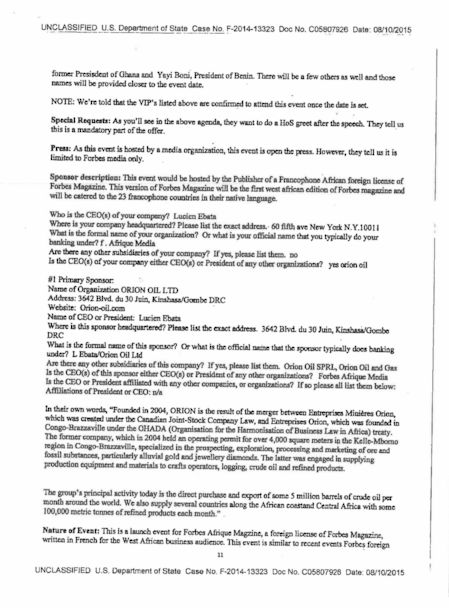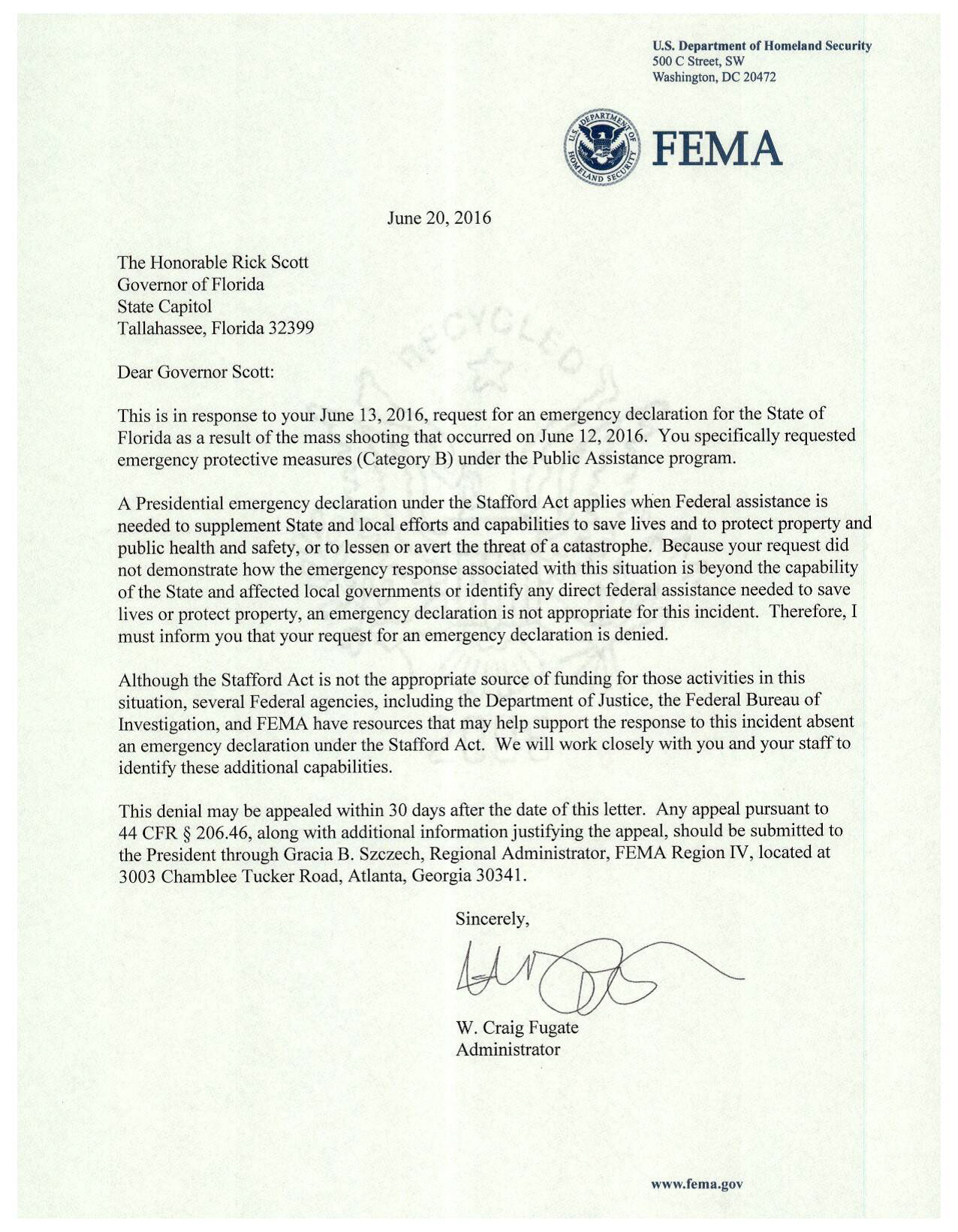So, global adversaries came to understand early that much of the covert and diplomatic work and connections by Hillary Clinton during her term as senator and later as Secretary of State was going on in a dual location, meaning the Clinton Foundation and the U.S. State Department. So….let the hacking begin, and they did.
Now there is a question: Are there more than one servers? Evidence speaks to the answer, YES. See this item from Forbes where there are clues.
Records reveal that Hillary Clinton’s private clintonemail.com server shared an IP address with her husband Bill Clinton’s email server, presidentclinton.com, and both servers were housed in New York City, not in the basement of the Clintons’ Chappaqua, New York home.
Web archives show that the Presidentclinton.com Web address was being operated by the Clinton Foundation as of 2009, when Hillary Clinton registered her own clintonemail.com server.
Numerous Clinton Foundation employees used the presidentclinton.com server for their own email addresses, which means that they were using email accounts that, if hacked, would have given any hacker complete access to Hillary Clinton’s State Department emails, as well. More here.
Clinton Foundation Said to Be Breached by Russian Hackers
Bloomberg: The Bill, Hillary and Chelsea Clinton Foundation was among the organizations breached by suspected Russian hackers in a dragnet of the U.S. political apparatus ahead of the November election, according to three people familiar with the matter.
The attacks on the foundation’s network, as well as those of the Democratic Party and Hillary Clinton’s presidential campaign, compound concerns about her digital security even as the FBI continues to investigate her use of a personal e-mail server while she was secretary of state.
A spokesman for the foundation, Brian Cookstra, said he wasn’t aware of any breach. The compromise of the foundation’s computers was first identified by government investigators as recently as last week, the people familiar with the matter said. Agents monitor servers used by hackers to communicate with their targets, giving them a back channel view of attacks, often even before the victims detect them.
For a primer on recent cyber intrusions, click here.
Before the Democratic National Committee disclosed a major computer breach last week, U.S. officials informed both political parties and the presidential campaigns of Clinton, Donald Trump and Bernie Sanders that sophisticated hackers were attempting to penetrate their computers, according to a person familiar with the government investigation into the attacks.
The hackers in fact sought data from at least 4,000 individuals associated with U.S. politics — party aides, advisers, lawyers and foundations — for about seven months through mid-May, according to another person familiar with the investigations.
Thousands of Documents
The thefts set the stage for what could be a Washington remake of the public shaming that shook Sony in 2014, when thousands of inflammatory internal e-mails filled with gossip about world leaders and Hollywood stars were made public. Donor information and opposition research on Trump purportedly stolen from the Democratic Party has surfaced online, and the culprit has threatened to publish thousands more documents.
Related reading: Clinton Investigation for Public CorruptionRelated reading: FBI Maintaining Server for EvidenceA hacker or group of hackers calling themselves Guccifer 2.0 posted another trove of documents purportedly from the DNC on Tuesday, including what they said was a list of donors who had made large contributions to the Clinton Foundation.
The Republican Party and the Trump campaign have been mostly silent on the computer attacks. In an earlier statement, Trump said the hack was a political ploy concocted by the Democrats.
Information about the scope of the attacks and the government warnings raises new questions about how long the campaigns have known about the threats and whether they have done enough to protect their systems.
The Clinton campaign was aware as early as April that it had been targeted by hackers with links to the Russian government on at least four recent occasions, according to a person familiar with the campaign’s computer security.
U.S. Inquiries
The U.S. Secret Service, Federal Bureau of Investigation and National Security Agency are all involved in the investigation of the theft of data from the political parties and individuals over the last several months, one of the people familiar with the investigation said. The agencies have made no public statements about their inquiry.
The FBI has been careful to keep that investigation separate from the review of Clinton’s use of private e-mail, using separate investigators, according to the person briefed on the matter. The agencies didn’t immediately respond to requests for comment.
Clinton spokesman Glen Caplin said that he couldn’t comment on government briefings about cyber security and that the campaign had no evidence that its systems were compromised.
“We routinely communicate and cooperate with government agencies on security-related matters,” he said. “What appears evident is that the Russian groups responsible for the DNC hack are intent on attempting to influence the outcome of this election.”
The DNC wouldn’t directly address the attacks but said in a written statement that it believes the leaks are “part of a disinformation campaign by the Russians.”
Trump spokeswoman Hope Hicks didn’t respond to e-mails seeking comment about the government warnings. The Republican National Committee didn’t respond to e-mail messages. A Sanders spokesman, Michael Briggs, said he wasn’t aware of the warnings.
IDing the Hackers
The government’s investigation is following a similar path as the DNC’s, including trying to precisely identify the hackers and their possible motives, according to people familiar with the investigations. The hackers’ link to the Russian government was first identified by CrowdStrike Inc., working for the Democratic Party.
A law firm reviewing the DNC’s initial findings, Baker & McKenzie, has begun working with three additional security firms — FireEye Inc., Palo Alto Networks Inc. and Fidelis Cybersecurity — to confirm the link, according to two people familiar with the matter, underscoring Democrats’ concerns that the stolen information could be used to try to influence the outcome of the November election.
A spokesman for Baker & McKenzie didn’t immediately respond to requests for comment. DNC spokesman Luis Miranda said the party worked only with CrowdStrike.
If the Democrats can show the hidden hand of Russian intelligence agencies, they believe that voter outrage will probably outweigh any embarrassing revelations, a person familiar with the party’s thinking said.
So far the released documents have revealed little that is new or explosive, but that could change. Guccifer 2.0 has threatened to eventually release thousands of internal memos and other documents.
Line of Attack
Sensitive documents from the Clinton Foundation could have the most damaging potential. The Trump camp has said it plans to make the foundation’s activities a subject of attacks against Clinton; the sort of confidential data contained in e-mails, databases and other digital archives could aid that effort.
An analysis by Fidelis confirmed that groups linked to Russian intelligence agencies were behind the DNC hack, according to a published report.
The government fills a crucial gap in flagging attacks that organizations can’t detect themselves, said Tony Lawrence, a former U.S. Army cyber specialist and now chief executive officer of VOR Technology, a computer security company in Hanover, Maryland.
“These state actors spend billions of dollars on exploits to gather information on candidates, and nine times out of ten [victims] won’t be able to identify or attribute them,” he said.
Google Accounts
Bloomberg News reported Friday that the hackers who hit the DNC and Clinton’s campaign burrowed much further into the U.S. political system than initially thought, sweeping in law firms, lobbyists, consultants, foundations and policy groups in a campaign that targeted thousands of Google e-mail accounts and lasted from October through mid-May.
Data from the attacks have led some security researchers to conclude that the hackers were linked to Russian intelligence services and were broadly successful in stealing reports, policy papers, correspondence and other information. Dmitry Peskov, a spokesman for President Vladimir Putin, denied that the Russian government was involved.
Russia uses sophisticated “information operations” to advance foreign policy, and the target audience for this kind of mission wouldn’t be U.S. voters or even U.S. politicians, said Brendan Conlon, who once led a National Security Agency hacking unit.
“Why would Russia go to this trouble? Simple answer — because it met their foreign policy objectives, to weaken the U.S. in the eyes of our allies and adversaries,” said Conlon, now CEO of Vahna Inc., a cyber security firm in Washington. Publishing the DNC report on Trump “weakens both candidates — lists out all the weaknesses of Trump specifically while highlighting weaknesses of Clinton’s security issues. The end result is a weaker president once elected.”
Russia Link
Russia has an expansive cyber force that it has deployed in complex disinformation campaigns throughout Europe, according to intelligence officials.
BfV, the German intelligence agency, has concluded that Russia was responsible for a 2015 hack against the Bundestag that forced shutdown of its computer systems for several days. Germany is under “permanent threat” from Russian hackers, said BfV chief Hans-Georeg Maassen.
Security software maker Trend Micro said in May that Russian hackers had been trying for several weeks to steal data from Chancellor Angela Merkel’s Christian Democratic Union party, and that they also tried to hack the Dutch Safety Board computer systems to obtain an advance copy of a report on the downing of a Malaysian aircraft over Ukraine in July 2014. The report said the plane was brought down by a Russian-made Buk surface-to-air missile.
The cyber attacks are part of a broader pattern of state-sponsored hacking by Russia focused on political targets, with a goal of giving Russia the upper hand in dealing with other governments, said Pasi Eronen, a Helsinki-based cyber warfare researcher who has advised Finland’s Defense Ministry.





 AMA no longer exists as a registered nonprofit and it last filed tax returns in 2010. But the organization continues to maintain an active
AMA no longer exists as a registered nonprofit and it last filed tax returns in 2010. But the organization continues to maintain an active